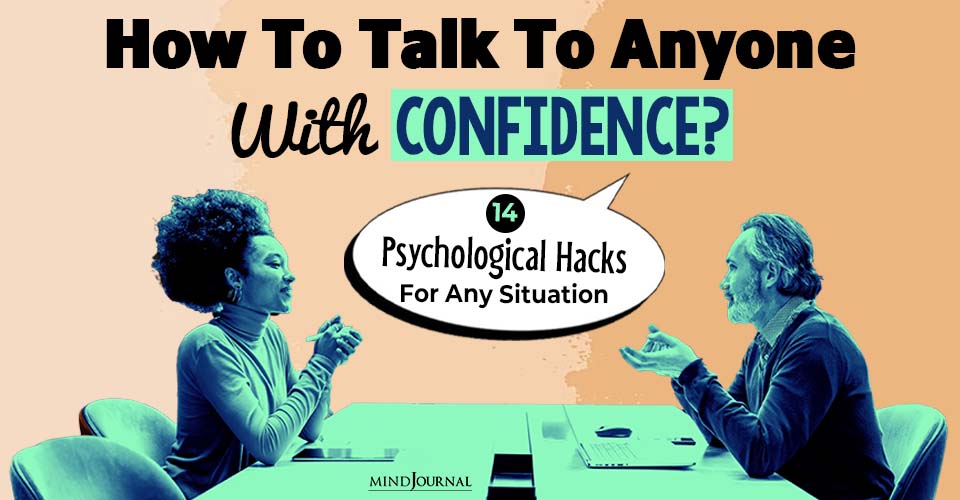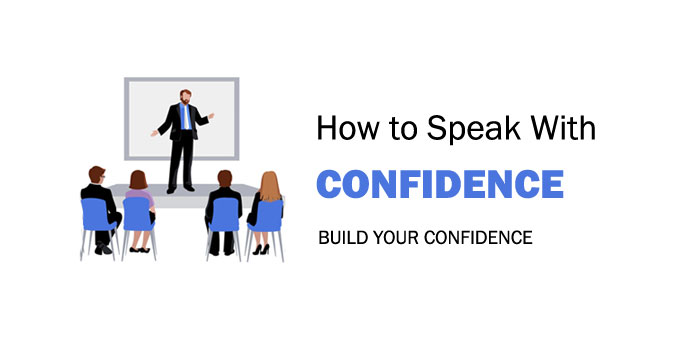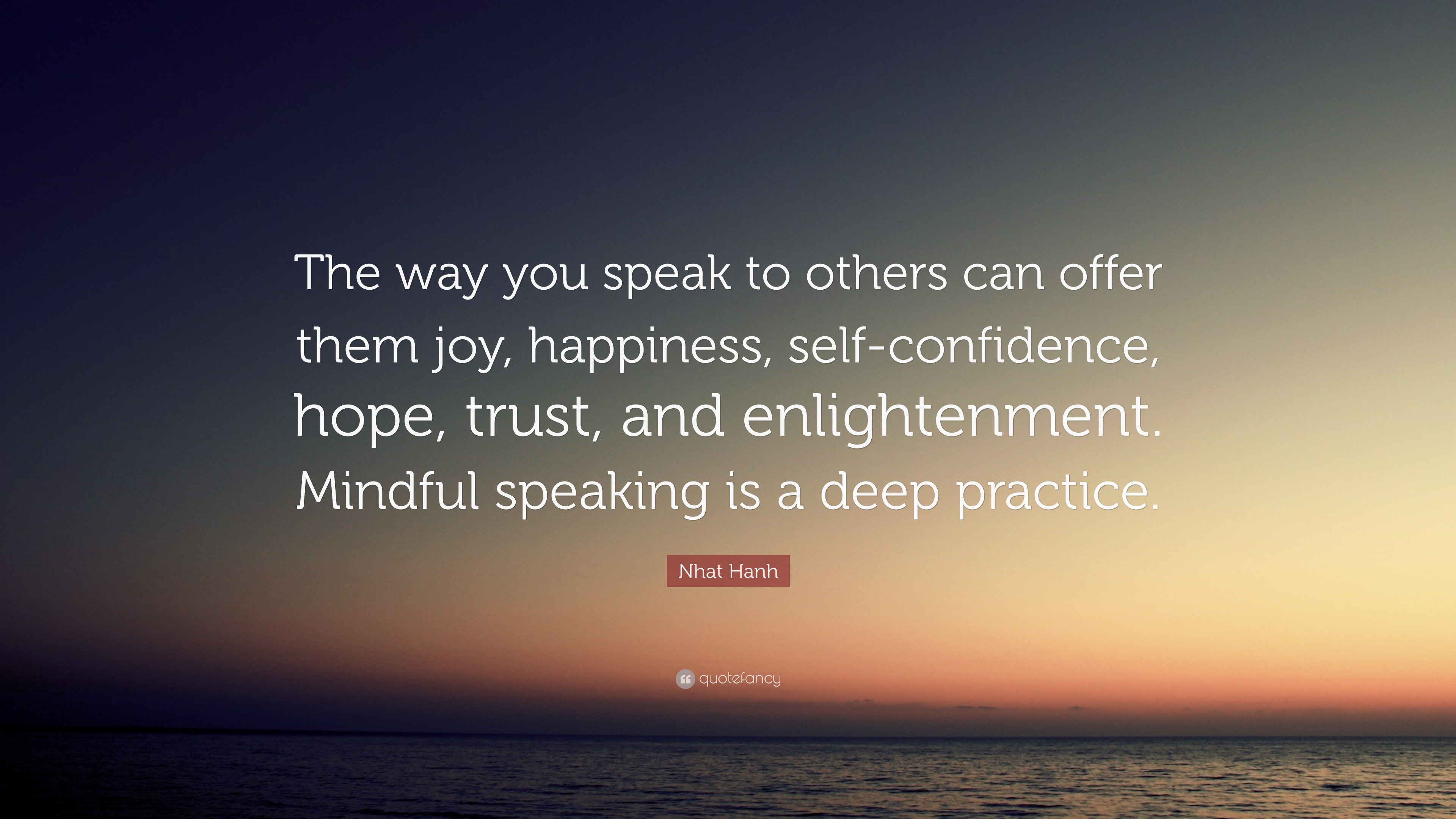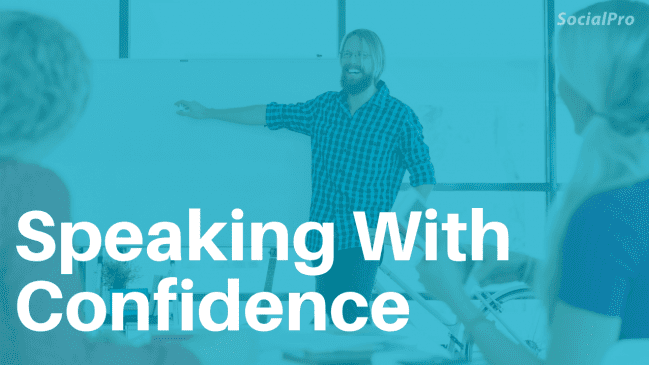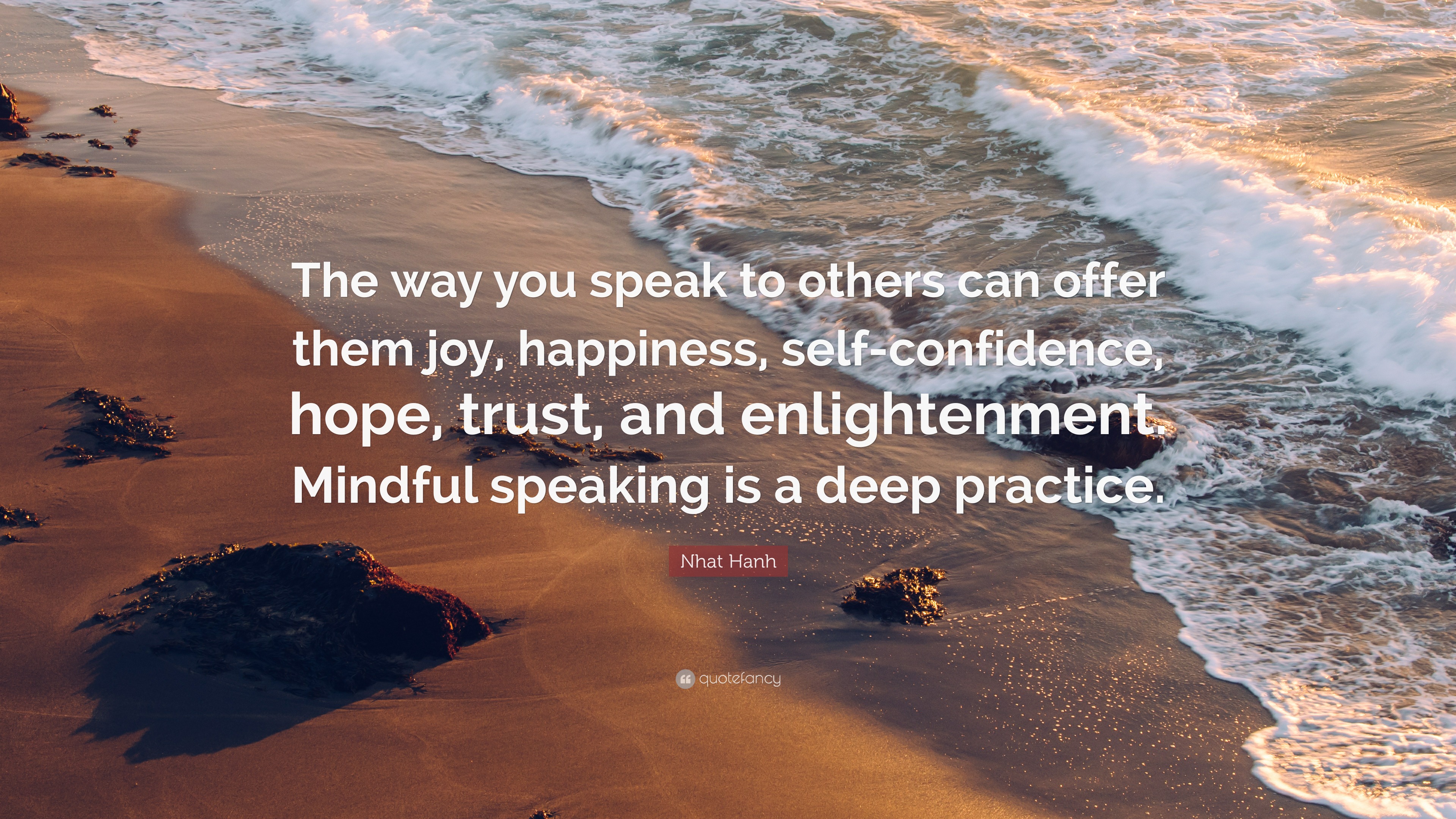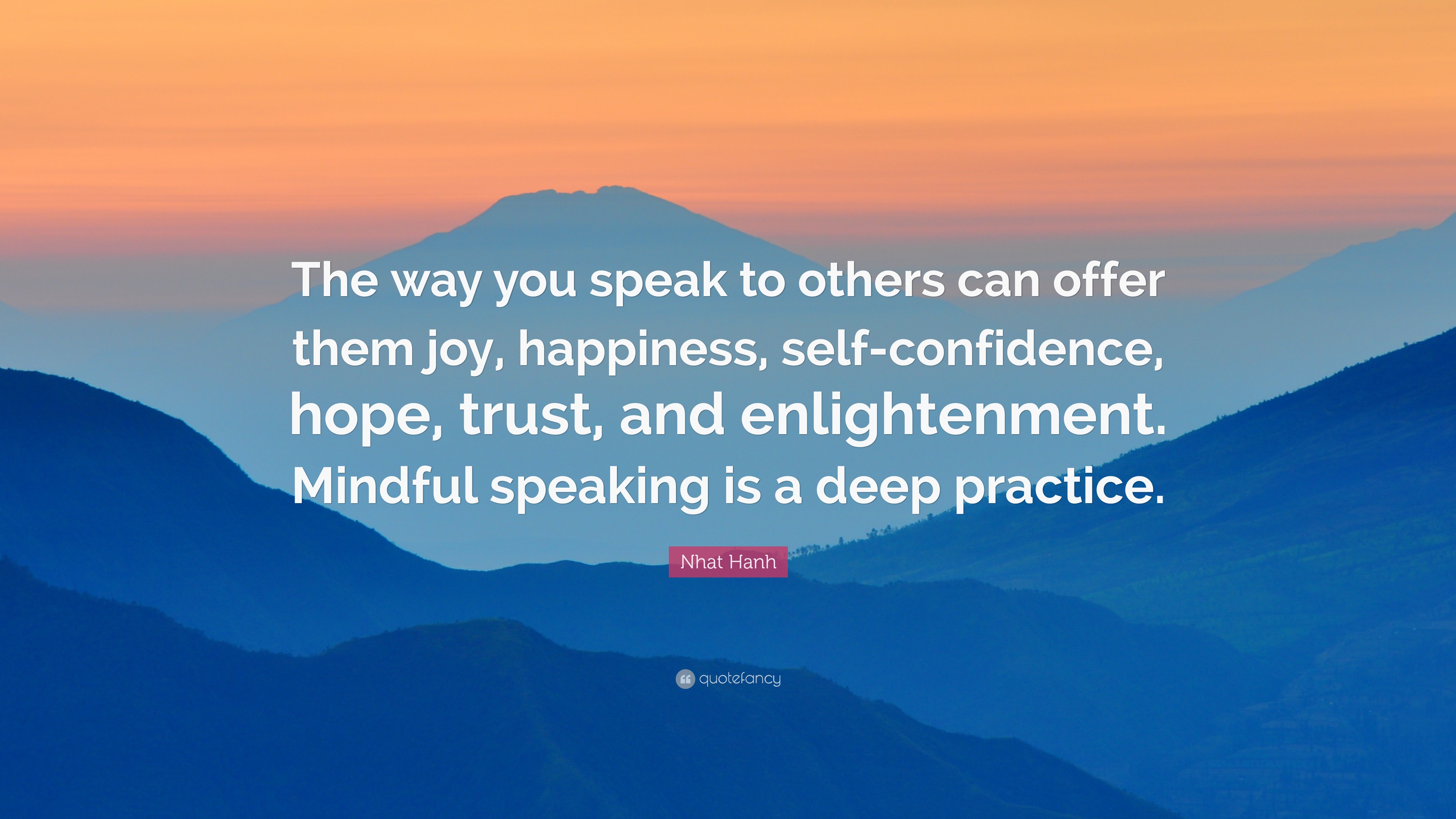How To Speak To Others With Confidence
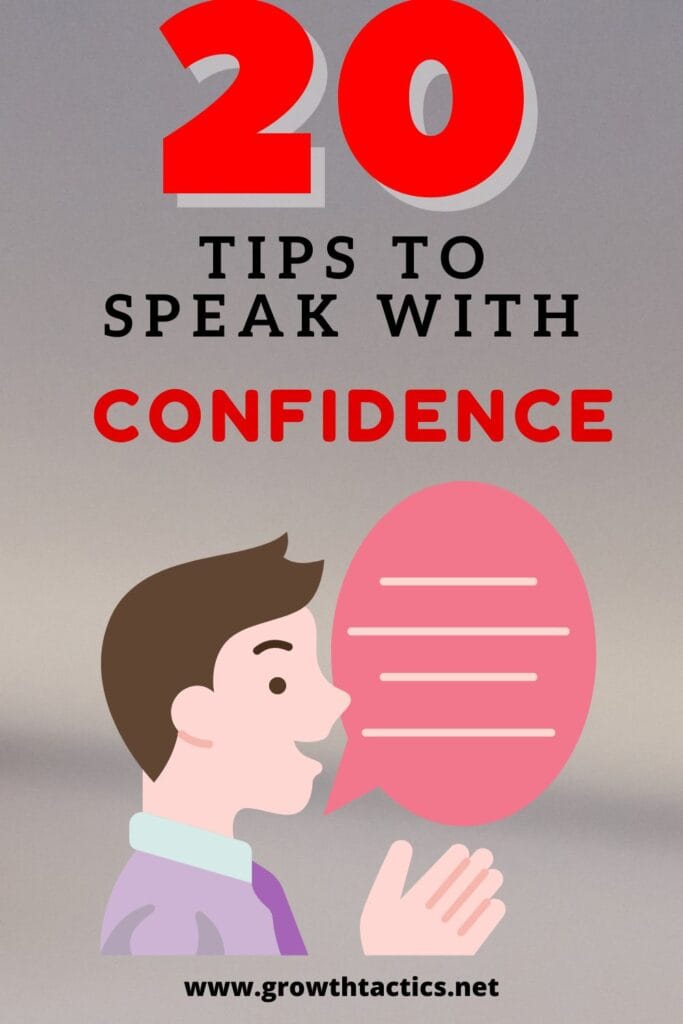
Imagine stepping into a crowded room, the murmur of voices washing over you. You spot someone you've been wanting to connect with, a potential mentor, a new colleague. Your palms begin to sweat, your heart races, and suddenly, the carefully crafted words you rehearsed vanish, leaving you feeling tongue-tied and unsure.
But what if you could walk into that room, or any room, with a sense of calm assurance? This isn't about becoming an extrovert or a theatrical performer; it's about cultivating genuine confidence in your communication, allowing your authentic self to shine through in every interaction.
The Foundation: Self-Awareness and Self-Acceptance
Building confidence in communication starts within. Understanding your strengths and weaknesses is crucial. What are you naturally good at when interacting with others? What are the situations that make you feel most anxious?
According to research from Stanford University, self-compassion is a key ingredient in boosting confidence. Treating yourself with kindness and understanding, especially when you stumble, is more effective than harsh self-criticism.
Ask yourself, "What are my common communication pitfalls?" Perhaps you tend to interrupt others, or maybe you struggle to maintain eye contact. Identifying these patterns allows you to consciously work on improving them.
Practical Strategies for Confident Communication
Once you've laid the groundwork of self-awareness, you can start implementing practical strategies. Preparation is key. If you know you'll be speaking in a meeting, take the time to outline your points beforehand. Practice saying them aloud to get comfortable with the phrasing.
Start small. Engage in low-stakes conversations with people you feel comfortable around. Practice initiating conversations, maintaining eye contact, and actively listening. Each successful interaction will boost your confidence incrementally.
Active listening is not just about hearing what the other person is saying; it's about truly understanding their perspective. Nod, make eye contact, and ask clarifying questions. This shows the other person that you value their input and creates a more engaging conversation.
Remember that body language speaks volumes. Stand tall, maintain good posture, and make eye contact. These nonverbal cues project confidence, even if you don't feel entirely confident inside.
If public speaking is a source of anxiety, consider joining a group like Toastmasters International. This organization provides a supportive environment for practicing public speaking skills and receiving constructive feedback. Their program can help you refine your delivery and overcome your fear of speaking in front of others.
Embracing Imperfection and Managing Anxiety
It's important to accept that you won't always be perfect. Everyone makes mistakes, stumbles over their words, or says something they regret. The key is to learn from these experiences and not let them derail your confidence.
Techniques like deep breathing and mindfulness can help manage anxiety in the moment. If you feel your heart racing before a presentation, take a few slow, deep breaths to calm your nerves. Focusing on the present moment can prevent you from getting caught up in negative thoughts.
Reframe your perspective. Instead of viewing a challenging conversation as a threat, see it as an opportunity to learn and grow. Remember that most people are more understanding and forgiving than you might think.
Seek feedback. Ask trusted friends or colleagues for honest feedback on your communication skills. Be open to constructive criticism and use it to identify areas for improvement. Don't take feedback personally; view it as a valuable tool for growth.
The Long-Term Benefits of Confident Communication
Developing confident communication skills has far-reaching benefits. It can improve your relationships, boost your career prospects, and enhance your overall sense of well-being. When you can express yourself clearly and confidently, you're more likely to be heard, respected, and understood.
Confidence is not an innate trait; it's a skill that can be cultivated through conscious effort and practice. By focusing on self-awareness, implementing practical strategies, and embracing imperfection, you can unlock your communication potential and build stronger, more meaningful connections with others.
So, take a deep breath, remind yourself of your strengths, and step into that room with the quiet assurance that you have something valuable to contribute. Your voice matters, and with a little practice, you can learn to express it with confidence and grace.
